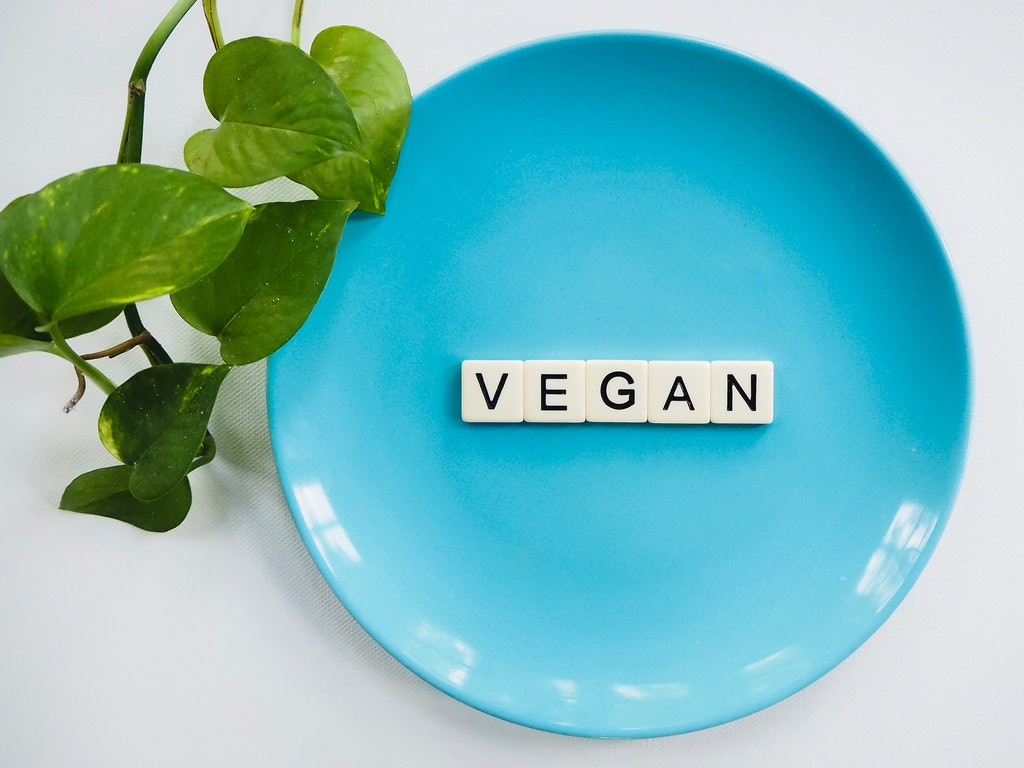3 Mins Read
Well, almost. In their latest sustainability report, New Zealand’s Ministry of Health strongly promotes plant-based diets as a way to cut down greenhouse gas emissions and improve daily food choices. The report also looked at other actionable changes, such as driving less and using less power in buildings.
The Health Ministry’s report emphasised that current dietary preferences can account for a significant amount of the country’s carbon emissions, which makes cutting down meat and dairy intake an important part of sustainable action. They cited estimates by the Ministry for the Environment that agriculture accounts for 49% of New Zealand’s overall greenhouse gas pollution. Meat production in particular is resource intensive and generates a much larger carbon footprint than plant-based protein alternatives such as Impossible Foods, Beyond Meat, or New Zealand’s own Sunfed Meats.
Besides being detrimental to the planet, meat consumption is also linked to health concerns and certain diseases. The World Health Organisation (WHO) has labeled red meat as a Group 2 carcinogen, making it a probable cause of cancer in humans. Scientific studies have also found that it could increase the risk of heart diseases.
In order to encourage the adoption of plant-based eating, the report outlined several recommendations including making more vegan food choices available in restaurants, cafes and grocery shops. Staff at the Ministry of Health will also work to develop alternative menus for patients and visitors at hospitals and clinics. They also suggested that some healthcare organisations could start growing fresh fruit and vegetable produce on-site.
Applauding the report, Claire Isley from the Vegan Society Aotearoa said: “If hospitals can start growing their own fruits and vegetables within their grounds or on the roof of buildings, this would help immensely to curb resource wastage and combat climate change by providing more green spaces, especially within our cities.”
In addition to promoting a diet that is primarily from plants, the report also seeks to minimise food waste and decrease single-use plastic usage. Rather than buying pre-packaged items from supermarkets, the Ministry advised people to stock from refillable items, buy locally, and only as much as can be consumed. It also supported proposals to launch group composting and farming initiatives to “improve local resilience and foster a sense of community”.
This recent move follows action from other governmental authorities and organisations that have also called for the adoption of plant-based foods as a part of sustainability and health. For instance, Health Canada’s revised version of its Food Guide this year promoted vegan food more than ever before, and removed dairy from its list of dietary recommendations.
Scientists at the EAT-Lancet Commission also called for a 50% reduction in meat consumption in their “planetary health diet” to tackle nutritional deficiency, global hunger and environmental problems caused by the current food system.
Given that New Zealand is home to Fonterra, a company made up of over 10,000 dairy farmers and that accounts for over 30% of global dairy exports, this is a very significant message from the island nation’s government.
Lead image courtesy of Vegan Liftz.




